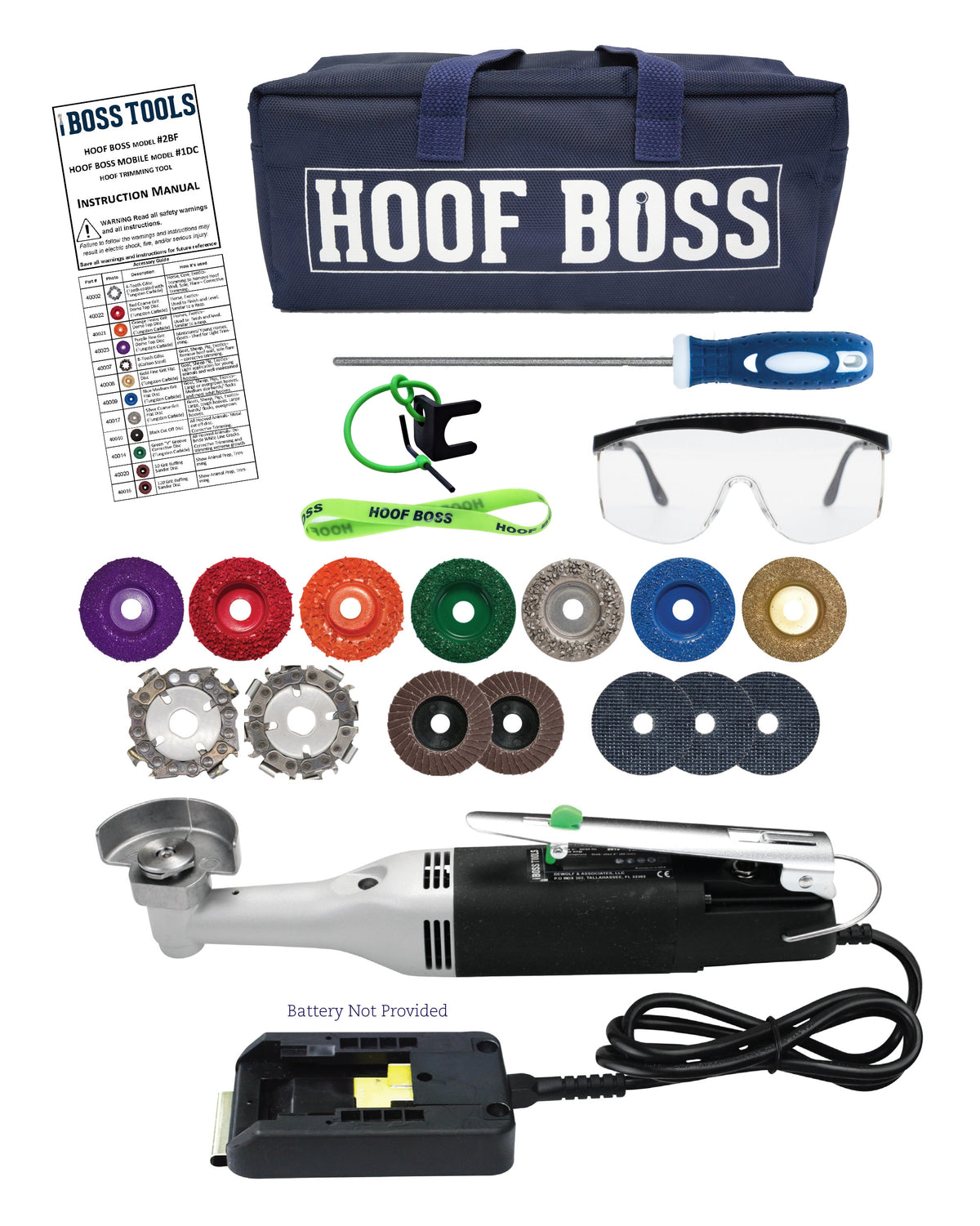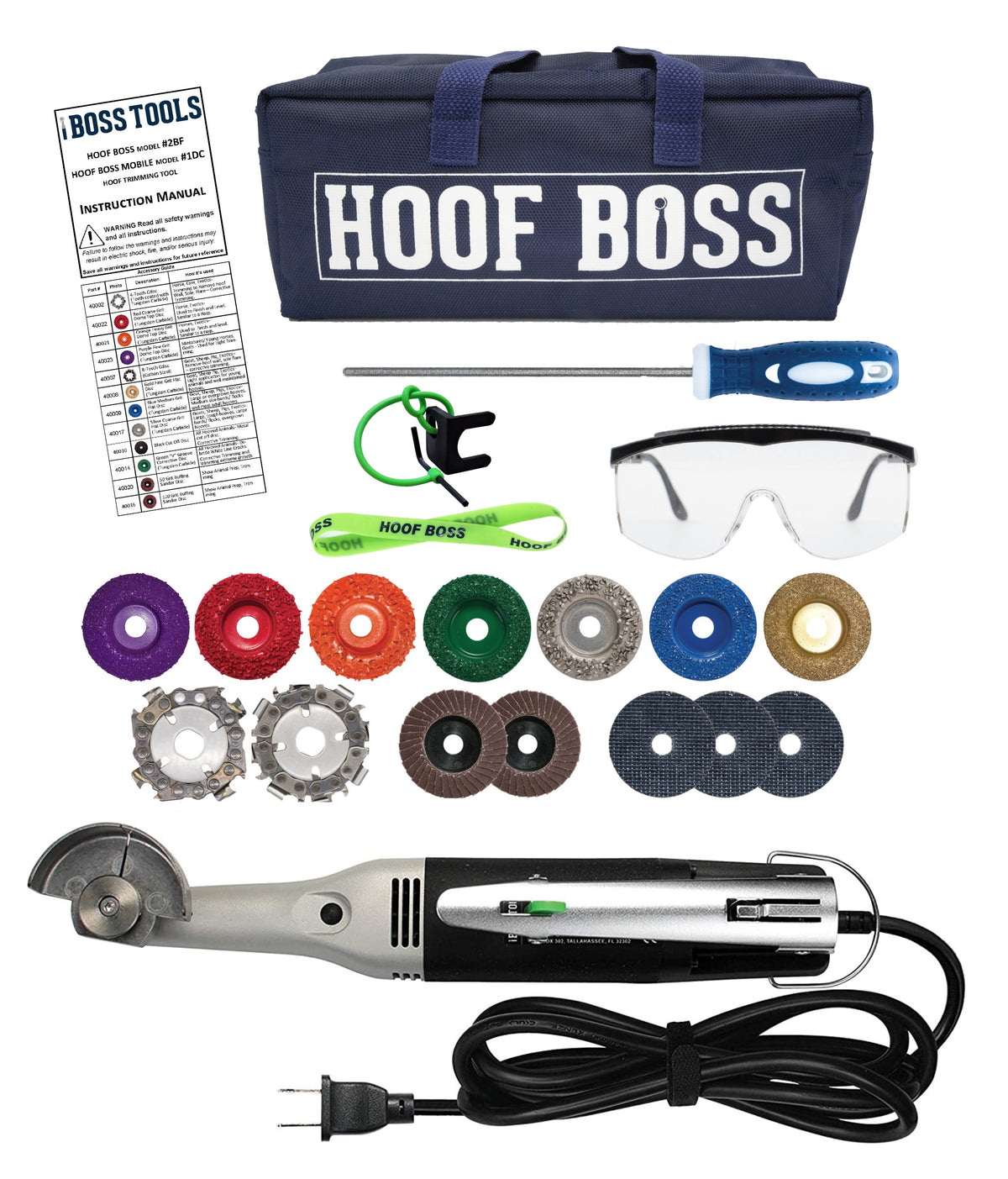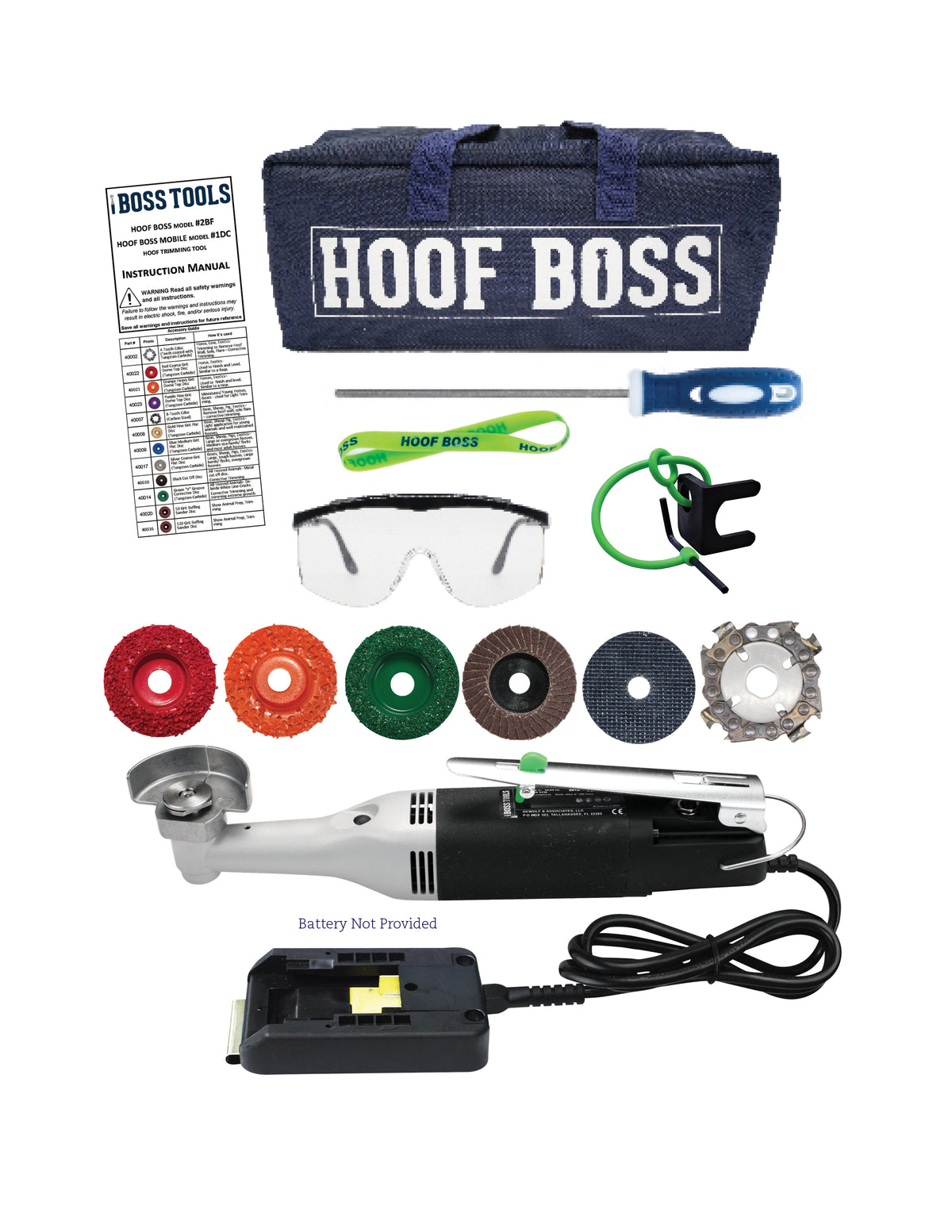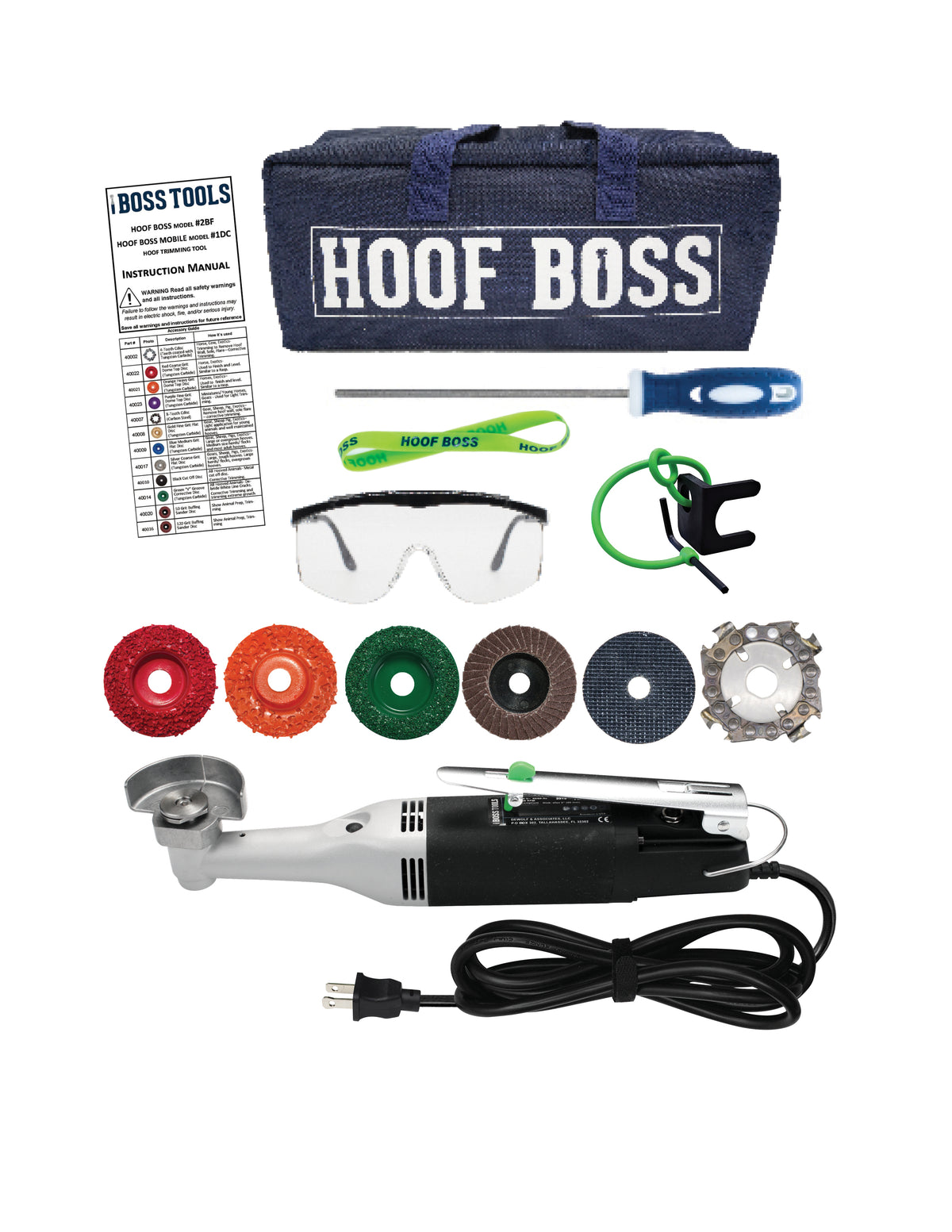Horseflies make house flies look like a walk in the park. These creatures live and reproduce in manure. The females of the species are the ones that bite as male horseflies do not have the appropriate mouthparts and do not suck blood. Males feed only on nectar. Female horseflies will bite and suck the blood of both humans and horses along with any other animals on your property from your barnyard animals to your house pet dog. These female flies need to drink blood in order to support egg production. The more female horseflies have to drink, the more horseflies they can produce to cause even further irritation and annoyance to human and animal alike.
Horsefly bites are not only annoying to your horse, but they can also be detrimental to your horse’s health. If your horse is bitten by one of these horseflies, your horse could injure it’s leg or feet by stomping them to get rid of the irritating fly. Or, the horse could wind up sick from the horsefly’s bite. When a horsefly bites, they can transfer blood-borne diseases from animal to animal. Horsefly’s have a known history of spreading equine infectious anemia virus as well as other diseases to horses and other farm animals. Equine infectious anemia is similar to the HIV virus in humans as it can be spread from your horse or cattle through blood, milk, or body secretions. This disease will also cause your horse or cattle to experience a high fever, anemia, weakness, swelling of the lower abdomen and legs, weak pulse, weak heartbeat, and even death.
So, what is a horse owner to do about these nasty pests? The first line of defense would be to prevent an infestation of horseflies on your property. The best way to do that is to get rid of their breeding ground – manure. Per Stable Management, they recommend keeping your animal’s stalls and runs clean. Also, they recommend breaking up and spreading out any collected manure to dry it out. Horseflies like and need a moist place to lay their eggs and then live. The dried, spread out manure gets rid of their home, which then helps to get rid of them.
Another way to protect your horse from horseflies and their bites would be to cover your horse with protective gear appropriate for your climate. Budget Equestrian recommends horse clothing from fly sheets, fly masks, ear bonnets, leg fly wraps, and fly collars.
If it gets too hot out for fly prevention gear or your horse will not tolerate wearing them, another effective way to manage horseflies would be to use a horsefly spray on your horse. If you are concerned about putting harmful chemicals on your horse, Savvy Horsewoman suggests trying a homemade horsefly spray made with Apple Cider Vinegar (ACV). Savvy uses a spray bottle and a 50/50 mix equal parts ACV and water. Just mix and spray. It is equally effective at keeping those pesky horseflies off of both equine and human. Don't forget the coveted Skin So Soft application for humans and horses too, which does add an extra bit of sheen too!
If you find that your situation calls for something a bit stronger to resolve you horsefly infestation, Pest Policy did a review and found the following as their top Best Fly Spray for Horses for 2019:
- PYRAHNA Wipe N Spray Fly Protection (Top Pick)
- Absorbine UltraShield EX Brand Residual Insecticide and Repellent (Runner Up)
- Farnam Endure Repellents – Sweat Resistant
Updated for 2023: The Best Fly Repellent – 12 Natural Fly Repellent Options You May Not Have Thought Of
Summer is in full swing and that means that the temps are rising as well as the bugs are biting. Protect yourself and your horses this summer from the bites and irritations of horseflies with a little elbow grease in keeping their living areas and runs free of the manure that these pests like to breed and live in. You can also protect your horses and other barnyard animals from the bite of these nasty horseflies by using either homemade or store bought horsefly spray. The fewer the flies this summer, the better your horse and you will feel to have an even better summer. A little bit of a spray today keeps the horseflies away.
Additional Information
"Keeping Flies Away - 15 Natural Fly Repellent Tips and Recipes"




